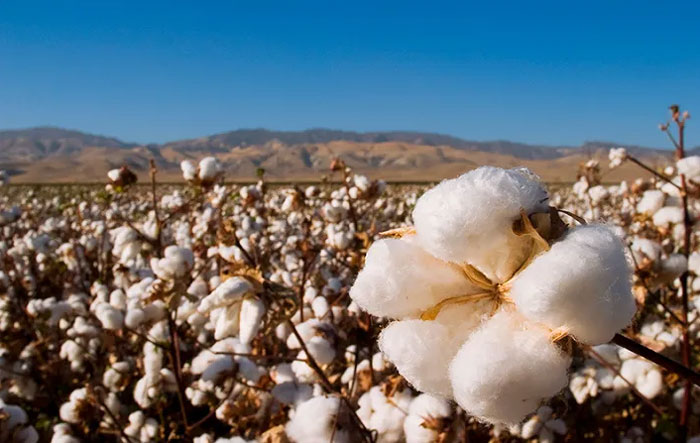
Passed by US President Joe Biden last year, Uyghur Forced Labor Prevention Act, banning imports from China’s Xinjian region into the US, is likely to have a significant impact on the country’s imports of cotton products from the region. As per a report by The Land, around 85 per cent of China's cotton is produced in this region. And as per to the Labor Prevention Act, most of this cotton is produced by slaved labor from the predominately Muslim community. Hence, the Act bans imports from China unless companies are able to prove that the goods they produce are not made by forced labor.
US diverts supply chains
The Act mandates US importers, brands and retailers sourcing products made from Xinjian cotton and/or manufactured in the Xinjian province - to either prove human rights compliance or change supply origins. Twelve months ago, the US had also issued a ‘Withhold Release’ order mandating the detention of Xinjiang cotton products on suspicion of violation of human rights in production.
As a response US companies have already started diverting their supply chains to alternative destinations. Companies looking for new yarn, textile and apparel suppliers are encouraging cotton-processing industries in Bangladesh, Vietnam and Pakistan that offer lower cost of production.
Australian cotton scores on quality, sustainability
These are also the markets that Australia has been exporting more cotton to in the past 18 months. The country has cotton processors who have been able to meet the increasingly discerning requirements of importers, brands and retailers. It is known not just for the high quality of its cotton but also its strict adherence to sustainability and human rights standards.
The Uyghur Forced Labor Prevention Act not only impacts a significant proportion of global yarn, textiles and apparels produced in the Xinjiang region but also highlights the importance of traceability in the global cotton markets. However, the Act benefits Australian industry, as the country only meets its market requirements but is also able to prove the origins of its cotton.












